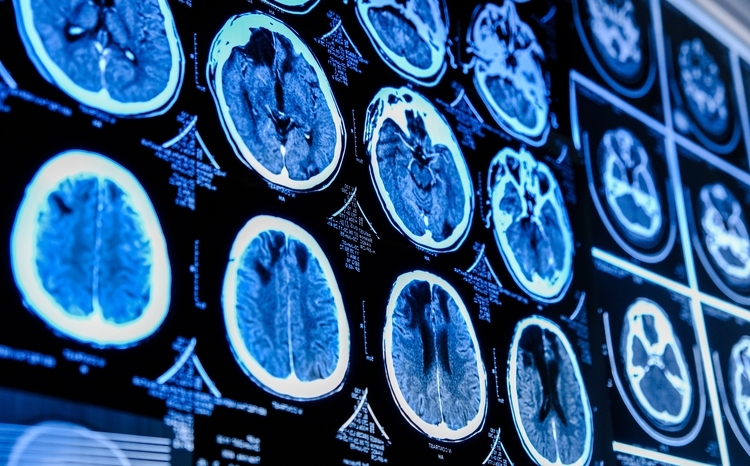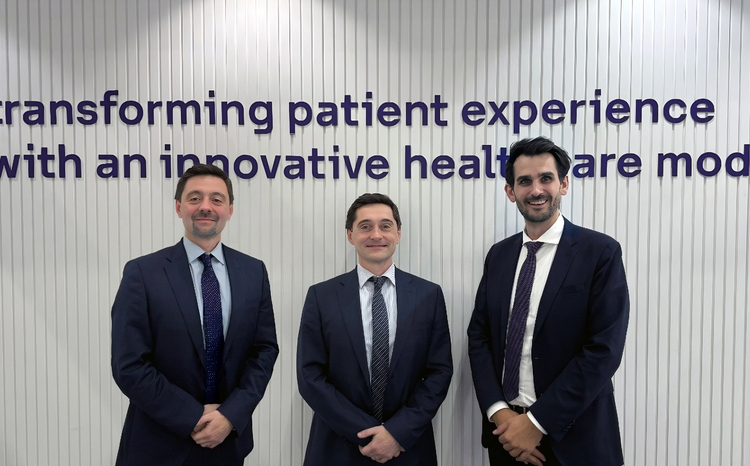Teachers’ TV offers e-learning lesson to clinicians
- 22 June 2006
Medical professions could learn a great deal from the education sector in video-based online learning, particularly from projects such as Teachers’ TV, a symposium in London organised by the BMA stresses today.
The TV channel, which delivers full-length streaming video online that aims to help teachers and other members of the education sector further their professional careers, will be exhibiting at the conference, hosted by the BMA, the BMJ Publishing Group and the Royal College of Physicians.
Teachers’ TV is funded centrally by the Department of Education and Skills by £20m each year. Edward Briffa, project manager, BMJ Broadband Learning, told E-Health Insider that if online learning were to take off in the medical profession in the same way, guaranteed long-term funding would be needed.
"The symposium is to bring people together from a variety of different backgrounds for broadband learning, and to look at what’s been happening in schools education and the big state investments that have been happening there," he said.
Briffa praised the work of projects such as the Radiology Integrating Training Initiative (R-ITI), which provides online learning, case studies and collaboration tools for radiology training. The Intercollegiate Surgical Curriculum Project and NHS Education for Scotland’s work in the sector were also cited as good examples of how e-learning can benefit professional development.
However, he explained, R-ITI is only funded by the DH in a phase-by-phase basis and a more "strategic view of the process" was needed. Briffa said that the seminar will discuss methods and sources of funding online learning schemes for the medical profession on a long-term basis.
He added that while radiologists were benefiting from R-ITI, there was ample scope for other professions to have similar online learning services, such as anaesthetists.
In an editorial in the BMJ, Briffa said that, with the advent of broadband, video learning should become a vital tool in training doctors. "Audiovisual materials would bring many advantages: they are easy to watch, add realism, and can enable learning of procedural and interpersonal skills. Younger doctors are digital natives and will increasingly expect such materials as the norm."
Briffa told E-Health Insider: "We are very pleased with the number of people who are coming [to the conference] and the strength of the speakers. It represents that people recognise that we are at a turning point for medical education."
R-ITI will be showcasing its work at the symposium, along with education online career development providers such as Espresso Education.
Links




